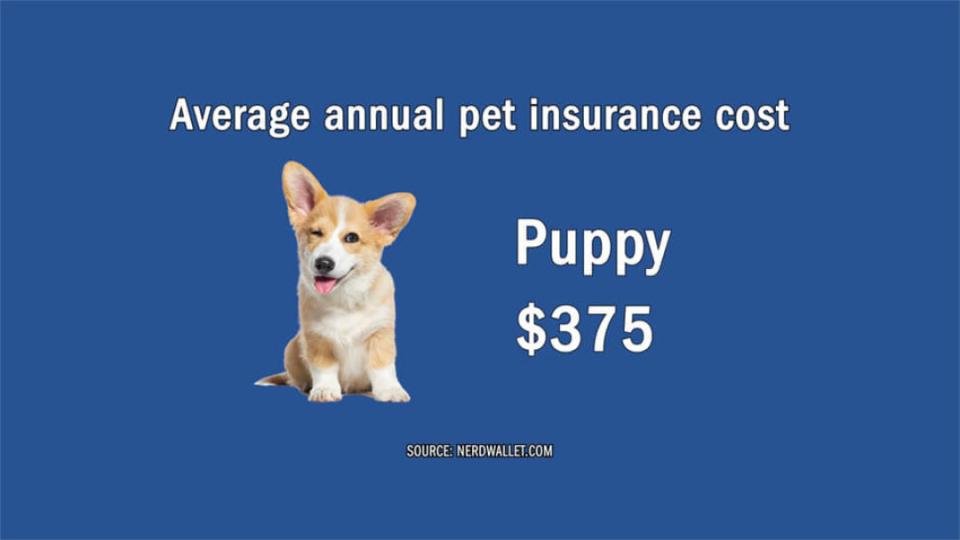Unveiling the Truth: Is Pet Insurance Worth the Investment?
Our Pets, Our Family
For many of us, our pets hold a special place in our hearts and are considered part of the family. We go to great lengths to provide them with the best care possible. From nutritious food to regular visits to the veterinarian, we would do anything for our beloved furry companions. However, when it comes to pet insurance, one may wonder if it is truly worth the investment. In this article, we delve into the world of pet insurance, examining its benefits, drawbacks, and whether it is a wise financial decision for pet owners.
Understanding Pet Insurance: A Closer Look
Pet insurance is designed to help alleviate the financial burden associated with unexpected veterinary costs. Just like human health insurance, pet insurance provides coverage for a variety of medical treatments, surgeries, and medications. It ensures that when our pets face an illness or injury, we have the means to provide them with the necessary care without worrying about the expense.
The Cost-Benefit Analysis: Is Pet Insurance Worth It?
Despite its apparent advantages, the decision to invest in pet insurance is not a one-size-fits-all approach. It requires careful consideration of several factors, such as the pet's age, breed, health history, and the overall cost of the insurance plan. While it is tempting to believe that pet insurance will always save us money, a closer examination reveals that this is not always the case.
1. Premiums vs. Payouts: A Balancing Act
Pet insurance premiums can vary significantly, depending on the coverage level, deductibles, and breed of your pet. In some cases, the cost of insurance premiums over the lifetime of your pet can exceed the total amount of benefits you receive. It is essential to evaluate the potential payouts against the cumulative cost of premiums to determine if it is a worthwhile investment.
2. Pre-existing Conditions: A Barrier to Coverage
One key aspect to consider is that most pet insurance policies do not cover pre-existing conditions. This means that if your pet has any pre-existing health issues, they will not be eligible for coverage related to those conditions. This greatly effects older dogs and their ability to be property insured. Moreover, certain breeds may be prone to specific health problems, which can affect the availability and cost of insurance coverage.
3. Out-of-Pocket Payments: A Significant Factor
Pet insurance policies often require up-front payments for veterinary services, and reimbursement may take several weeks. As a result, pet owners must be prepared to bear the costs initially and should have a financial safety net to cover unexpected expenses. Which also may not include annual visit for your pets.
The Final Verdict
While pet insurance can provide peace of mind and financial support during uncertain times, it may not be worth the investment for every pet owner. Careful evaluation of the individual circumstances, financial considerations, and the overall health of your pet is essential before committing to a pet insurance plan.
Ultimately, the decision boils down to personal preference, risk tolerance, and the specific needs of your pet. By considering the available alternatives and assessing the potential costs and benefits, you can make an informed decision that aligns with your pet's best interests and your financial situation.
Remember, being a responsible and loving pet owner involves not only providing adequate care but also ensuring a healthy and balanced life for your furry friend. Pet insurance is merely one tool in the comprehensive toolkit of responsible pet ownership.

